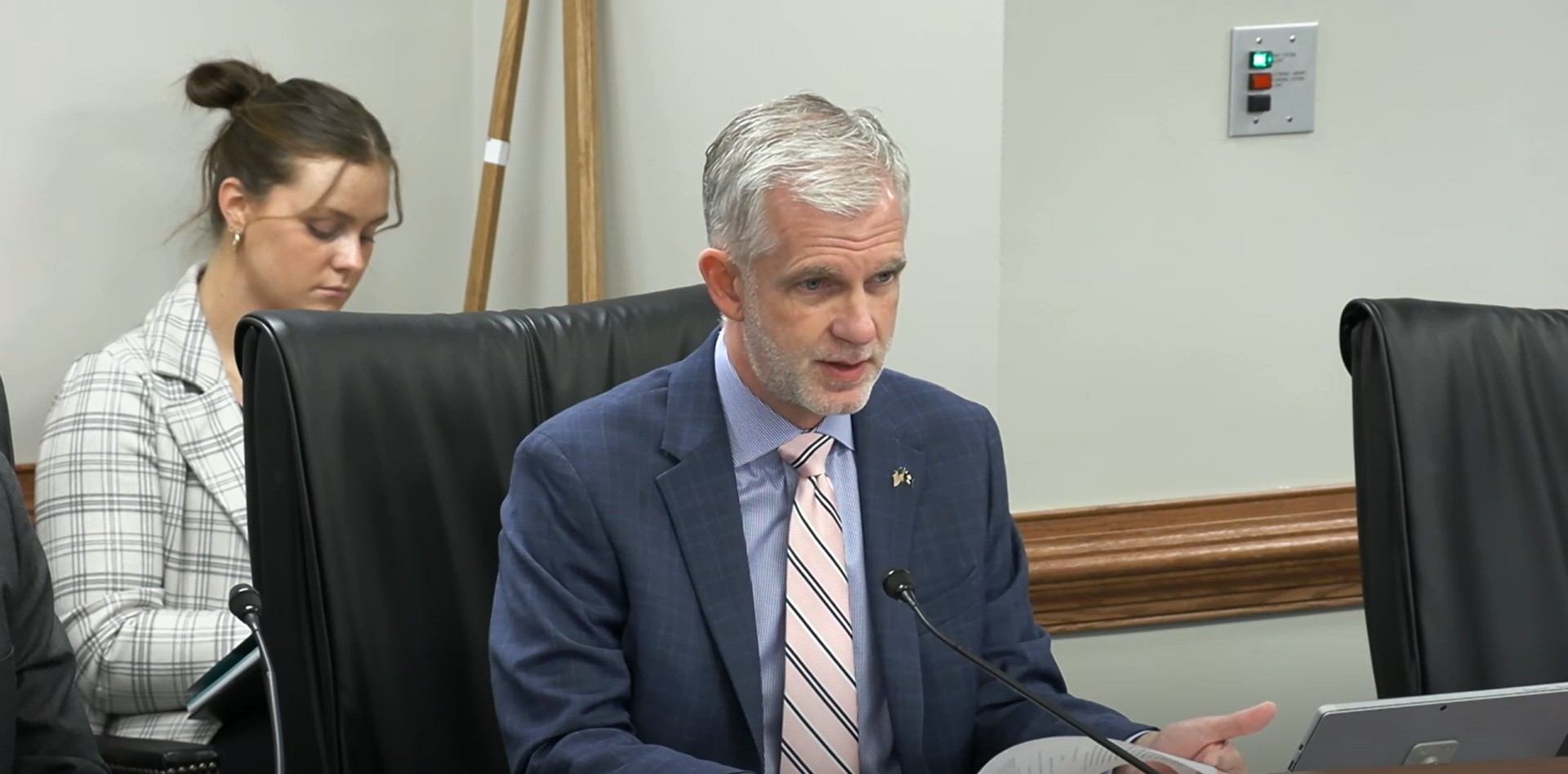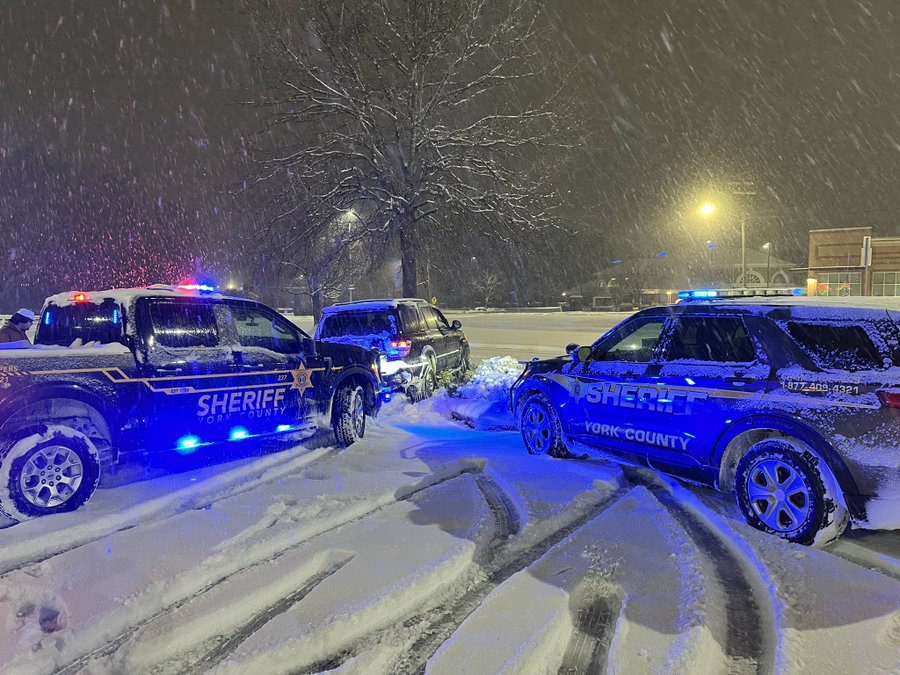The memory of video poker still lingers, 25 years after the “crack cocaine of gambling” was defeated in court
COLUMBIA — Members of the state’s struggling equestrian community say legislation allowing South Carolinians to bet on horse racing through an app on their phone could revive a once-thriving industry.
Discussion opened this week in a Senate Judiciary subcommittee on a bipartisan proposalled by Sen. Michael Johnson, R-Tega Cay.
No vote was taken. There could be several more meetings before that happens.
It’s one of several bills filed this year to allow gambling in some form.
Advocates contend South Carolina misses out on millions in potential revenue from betting as it becomes more prominent — both legally and illegally.
Of the proposals, the bill dubbed the Equine Advancement Act likely has the best odds of passing.
However, even with the backing of one of the Legislature’s most powerful players — Senate Finance Chairman Harvey Peeler of Gaffney — it’s far from a sure bet in a Legislature that has historically avoided any change to the state’s anti-gambling laws. Even nonprofit raffles weren’t legal until 2015.
The proposal would allow gambling on horse racing on approved apps while specifying that other forms of gambling, such as slot machines or video poker, remain illegal.
That’s an attempt to quell concerns about re-opening the door to an industry that went gangbusters on the authority of a little-noticed clause slipped into the state budget in 1986.
“This bill is very narrowly tailored,” Johnson said. “The goal is to take the proceeds from this and pump that directly into our equine industry — horse training, horse farms, horse racing, all of those things — so that they have an opportunity to compete with the other states that already have this.”
His legislation — which is going through Peeler’s committee — will likely advance to the floor.
That would follow the recent precedent of two similar bills sponsored by former GOP Sen. Katrina Shealy of Lexington. Those bills advanced through her committee to reach the floor in 2022 and 2024, but neither ever got a vote in the chamber.
It’s unclear whether the gambling foes in the Senate can still block debate, or whether there’s been enough of a sea change in the chamber’s mindset that it actually has a chance. Few senators are left who participated in the Legislature’s fight to get rid of video poker and vowed not to allow a repeat.
After all, it’s been 25 years since a state Supreme Court ruling made video poker illegal.
Notably, November brought 13 new senators, the largest freshman class in the 46-member Senate in at least a generation. They include former Rep. Russell Ott, who was the chief sponsor of the horse race betting bill that the House passed on a 55-46 vote in 2023.
Should senators open floor debate on the latest proposal, Sen. Chip Campsen said he’ll be providing the uninitiated a lengthy history lesson.
“We have a terrible history when it comes to gambling in South Carolina, and I don’t want my children or my grandchildren raised in a place like South Florida,” said the Isle of Palms Republican, who was in the House when the multibillion-dollar video poker industry overplayed its hand with a lawsuit that backfired.
“You want to go gamble, gamble in Florida, but don’t make us Florida. Don’t make us Las Vegas,” Campsen said.
Representatives of both the Palmetto Family Council and the South Carolina Baptist Convention, which have successfully lobbied against gambling bills in the past, told the SC Daily Gazette they will continue to fight the proposals.
“When you use something like a vice to promote income or revenue, you always have to have more of it,” said Tony Beam, a lobbyist for the Baptist Convention. “It doesn’t do anything to make a state better.”
Even if a pro-gambling bill manages to make it to Gov. Henry McMaster’s desk, it faces an almost guaranteed veto from the Republican who has opposed gambling over his entire career.
“Once you start letting gambling into the house, it will grow,” McMaster said Tuesday, making clear his position hasn’t changed.
“Gambling is bad for our culture,” he continued. “It’s not part of our heritage and there are better ways to make money, to give jobs, to generate tax money, to generate a thriving economy.”
The argument for apps
The horse industry brings in $2 billion annually and is responsible for nearly 29,000 jobs, according to a 2019 state-commissioned study from the Department of Agriculture.
Advocates told senators Tuesday the industry is being decimated as horses and trainers leave South Carolina — once a hot spot for horse owners due to its climate and abundance of rural land — for states like Virginia and New York that offer incentives for horses that are bred and certified in the state.
Farms and horse barns that once served as community sanctuaries are disappearing and being replaced by office buildings or parking lots, said Frank Mullins, president of the Aiken Steeplechase, held in a city where many of the roads are purposefully left unpaved for equestrian traffic.
“It’s not good for the essence of our state, not good for the ambience of our small towns,” Mullins said.
“We have an opportunity to reverse this,” he continued. “Allowing horse race betting in South Carolina will give us an opportunity to be competitive with other states.”
Mullins said the facilities for the steeplechase get used only twice a year for competition. Should there be legalized betting, he’ll likely add additional races.
“My singular goal is to try to find a way to use this place more than twice a year,” he said.
South Carolina would join 41 states that permit online gambling on horse races, according to the Action Network, a sports media company focused on gambling.
North Carolina legalized it in March 2024, but there are no entities licensed to offer or accept horse racing bets in the state, according to the North Carolina State Lottery Commission website.
As for the details, Johnson’s proposal would create a seven-member board to manage the program and license the apps that people could use for betting; 5% of all wagers would go to the industry. The commission would decide how to dole out that money, which could include vocational schooling, renovating training centers or supplementing prize money for horse races.
The gambling industry is dangling lots of carrots.
A 2022 analysis by Racing Resource Group, an analytics business specializing in horse racing, projected the state would see at least $40 million in horse racing wagers and as much as $70 million. The proposed 5% would translate to $2 million to $3.5 million annually for the industry under those estimates.
However, advocates say they’re optimistic wagers will surpass $70 million once the betting is legalized and gambling increases — which is precisely what gambling opponents worry about.
Kip Elser, who was speaking on behalf of the South Carolina and Thoroughbred and Breeders Association and the state’s Equine Council, said $2 million is the minimum the industry needs to start bouncing back.
GOP Sen. Billy Garrett of Greenwood, an opponent of the bill, suggested the council simply ask for the money as an earmark in the state budget. The money could go through the state’s Department of Parks, Recreation and Tourism, as many millions of dollars do annually.
But Elser said legalizing betting would be better for equestrians.
“We would rather get a leg up and be self-supported,” he said.
‘Quit burying our heads in the sand’
There are other bills that would allow wide-open gambling, though none have gotten a hearing.
Rep. Chris Murphy, a Dorchester County Republican, is the lead sponsor of a bipartisan bill that would allow the state’s first casino to be built near the intersection of interstates 26 and 95 in Orangeburg County.
The bill relegates permission to the state’s poorest counties.
It starts off with the declaration that “casino gaming is not consistent with nor compatible with the economic, labor, or tourism industry profile for most communities in South Carolina.”
However, it continues, for the “rural and impoverished school districts” along I-95, “casino gaming in these counties is consistent and compatible with their economic, labor, and tourism profiles” as a potential job creator and education opportunity enhancer for the children living there.
Other proposals in the House and Senate would regulate sports gambling in the state.
Still another proposes asking voters in a referendum whether the constitution should be amended to allow the Legislature to pass laws legalizing gambling, with the profits paying for roadwork wherever gambling is allowed.
Putting that question on the ballot avoids McMaster’s veto, since such resolutions don’t go to the governor’s desk. But the measure would still require supermajority votes in each chamber, which is highly unlikely.
Proponents argue gambling is already happening; the state’s just not making any money off the illegal, unregulated transactions.
Sen. Brad Hutto, D-Orangeburg, said people gamble on horse races anyway, whether it’s at the Aiken Steeplechase or the Carolina Cup in Camden. He’s seen it often, he told his colleagues.
Ott, who is a co-sponsor of Johnson’s bill, said if the Legislature made gambling legal, the state would not only profit from it but could regulate it and put money into programs combatting gambling addiction.
“It’s just time for us to quit burying our heads in the sand, acting like this is not happening right now in the state of South Carolina,” said the St. Matthews Democrat. “It’s time for us to get caught up with times and to use it in a way that can be a real benefit.”
SC Daily Gazette Editor Seanna Adcox contributed to this report.
Sign up for our Sunday Spectator. Delivered to your inbox every Sunday, with all the news from the week.










